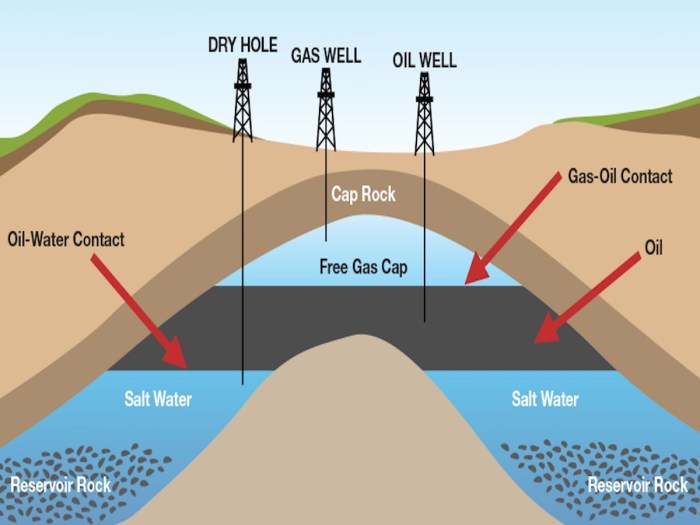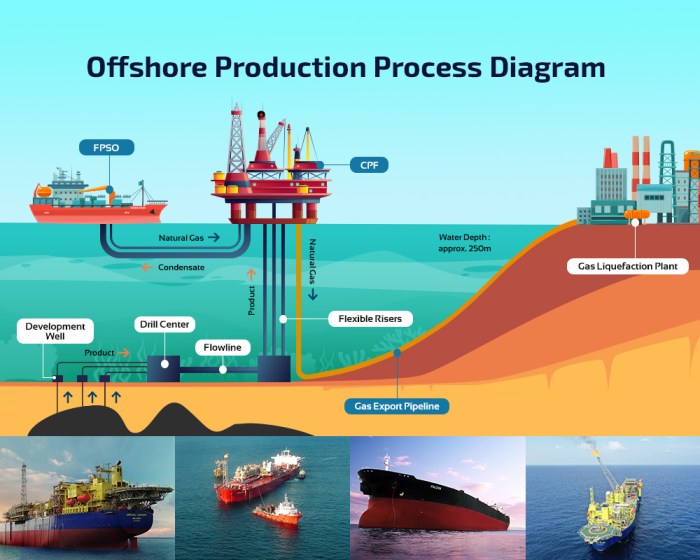Nri meaning oil and gas – The involvement of Non-Resident Indians (NRIs) in the oil and gas industry has significantly shaped its landscape, bringing forth a wealth of expertise and driving innovation. This article delves into the multifaceted world of NRIs in oil and gas, exploring their roles, responsibilities, challenges, and the immense opportunities that lie ahead.
From their contributions to the industry’s growth to their leadership in key positions, NRIs have played a pivotal role in shaping the oil and gas sector. Their involvement has not only benefited the industry but has also created pathways for personal and professional growth for NRIs themselves.
Definition and Background of NRI in Oil and Gas: Nri Meaning Oil And Gas

Non-Resident Indians (NRIs) in the oil and gas industry refer to Indian citizens who reside outside of India and actively participate in the sector. Their involvement has played a significant role in shaping the industry’s landscape.
History and Evolution
NRIs’ involvement in oil and gas began in the early 20th century when Indian geologists and engineers were hired by British oil companies operating in India. After India’s independence in 1947, NRIs continued to contribute to the industry, particularly in the Middle East and Southeast Asia.
Key Factors Driving NRI Participation
- Technical Expertise:NRIs have acquired specialized knowledge and skills in various aspects of oil and gas operations, making them highly sought after.
- International Exposure:NRIs have gained valuable experience working in different countries, providing them with a global perspective on industry practices.
- Networking Opportunities:NRIs have established extensive networks within the industry, facilitating access to information and potential collaborations.
- Financial Resources:NRIs often have access to significant financial resources, enabling them to invest in oil and gas projects.
Roles and Responsibilities of NRIs in Oil and Gas

NRIs play a crucial role in the global oil and gas industry, contributing their expertise and skills to various sectors and functions. Their diverse backgrounds and international exposure bring unique perspectives and innovative approaches to the industry.
Exploration and Production, Nri meaning oil and gas
- Geologists and Geophysicists: Conduct geological and geophysical surveys to identify and assess potential oil and gas reserves.
- Petroleum Engineers: Design and implement drilling and production plans, ensuring efficient and safe extraction of hydrocarbons.
- Reservoir Engineers: Analyze reservoir properties and optimize production strategies to maximize hydrocarbon recovery.
Refining and Processing
- Chemical Engineers: Design and operate refineries and petrochemical plants, converting crude oil into various products such as gasoline, diesel, and plastics.
- Process Engineers: Develop and optimize refining processes to improve efficiency and product quality.
- Maintenance Engineers: Ensure the safe and reliable operation of refining and processing facilities.
Transportation and Logistics
- Marine Engineers: Design, operate, and maintain ships and offshore platforms used for transporting oil and gas.
- Logistics Managers: Plan and coordinate the transportation and storage of hydrocarbons, ensuring efficient and timely delivery.
- Pipeline Engineers: Design and construct pipelines for the safe and efficient transportation of oil and gas over long distances.
Business and Management
- Financial Analysts: Analyze financial data and provide insights for investment decisions and risk management.
- Project Managers: Lead and manage large-scale oil and gas projects, ensuring timely and cost-effective execution.
- Corporate Executives: Hold leadership positions in oil and gas companies, setting strategic direction and managing operations.
NRIs’ contributions to the oil and gas industry are significant, as they bring a wealth of knowledge, expertise, and cultural diversity to the global energy landscape. Their skills and perspectives help drive innovation, optimize operations, and enhance the overall efficiency of the industry.
Challenges and Opportunities for NRIs in Oil and Gas

NRIs working in the oil and gas industry face various challenges, including cultural differences, language barriers, and discrimination. However, they also have access to opportunities for career advancement and business ventures.
Challenges
- Cultural differences can lead to misunderstandings and communication issues.
- Language barriers can hinder effective communication and networking.
- Discrimination based on nationality or origin can limit career opportunities.
Opportunities
- NRIs bring diverse perspectives and experiences to the industry.
- They can establish connections between international markets and the local industry.
- NRIs have access to global networks and resources that can benefit their careers and businesses.
To overcome challenges and capitalize on opportunities, NRIs can:
- Learn about the local culture and business practices.
- Network with local professionals and build relationships.
- Leverage their international experience and connections to create new opportunities.
Case Studies and Examples of Successful NRIs in Oil and Gas

NRIs have made significant contributions to the oil and gas industry, demonstrating their leadership, innovation, and technical expertise. Here are a few notable examples:
Mukesh Ambani
Mukesh Ambani, Chairman and Managing Director of Reliance Industries, is one of the most successful NRIs in the oil and gas sector. Under his leadership, Reliance has become the largest private-sector oil and gas company in India. Ambani is known for his strategic vision, business acumen, and ability to drive innovation.
Vijay Mallya
Vijay Mallya, former Chairman of United Spirits, made a significant impact on the oil and gas industry. He founded Kingfisher Airlines, which became one of the largest private airlines in India. Mallya also played a key role in the development of India’s oil and gas exploration sector.
While NRI stands for non-resident Indian and has been commonly associated with the oil and gas industry, it’s interesting to consider the question “am I touch starved?” through a quiz ( am I touch starved quiz ). Reflecting on our need for physical contact can help us appreciate the importance of human connection and its impact on our overall well-being, just as the oil and gas industry highlights the significance of energy resources in our daily lives.
Nandan Nilekani
Nandan Nilekani, Co-founder of Infosys, has also made notable contributions to the oil and gas industry. He led the implementation of India’s unique identification system, Aadhaar, which has streamlined processes and reduced corruption in the oil and gas sector.
Factors Contributing to NRI Success
The success of these NRIs can be attributed to several factors, including:
- Strong educational backgrounds and technical expertise
- Leadership qualities and strategic vision
- Ability to adapt to different cultures and environments
- Access to global networks and resources
- Supportive policies and regulations in their home countries
Future Trends and Implications for NRIs in Oil and Gas

The oil and gas industry is undergoing significant transformation, driven by factors such as technological advancements, environmental concerns, and geopolitical shifts. These trends are shaping the future of the industry and will have a profound impact on the roles and opportunities for NRIs.
One emerging trend is the transition towards cleaner energy sources. The increasing demand for renewable energy and the push to reduce carbon emissions are creating new opportunities for NRIs in the development and deployment of sustainable energy technologies. This includes roles in solar, wind, and geothermal energy, as well as carbon capture and storage.
Impact on Roles and Opportunities for NRIs
- Increased demand for technical expertise:The transition to cleaner energy requires specialized knowledge and skills in areas such as renewable energy engineering, data analytics, and environmental management.
- New career paths in sustainability:NRIs with experience in environmental science, policy, and project management can find opportunities in developing and implementing sustainability strategies for oil and gas companies.
- Enhanced collaboration with academia and research institutions:The industry is increasingly partnering with universities and research centers to drive innovation and develop new technologies. This creates opportunities for NRIs with academic backgrounds to contribute their expertise.
Question Bank
What is the definition of an NRI in the context of the oil and gas industry?
An NRI (Non-Resident Indian) in the oil and gas industry refers to an Indian citizen who resides outside of India but is actively involved in the exploration, production, or distribution of oil and gas.
What are the key factors driving the participation of NRIs in the oil and gas industry?
The participation of NRIs in the oil and gas industry is driven by factors such as their technical expertise, global exposure, and entrepreneurial spirit. NRIs often bring specialized knowledge and experience to the industry, which is highly valued by oil and gas companies.
What are some of the challenges faced by NRIs working in the oil and gas industry?
NRIs working in the oil and gas industry may face challenges such as cultural differences, language barriers, and the need to adapt to different regulatory frameworks. Additionally, they may encounter competition from local professionals and may have to work harder to prove their capabilities.
